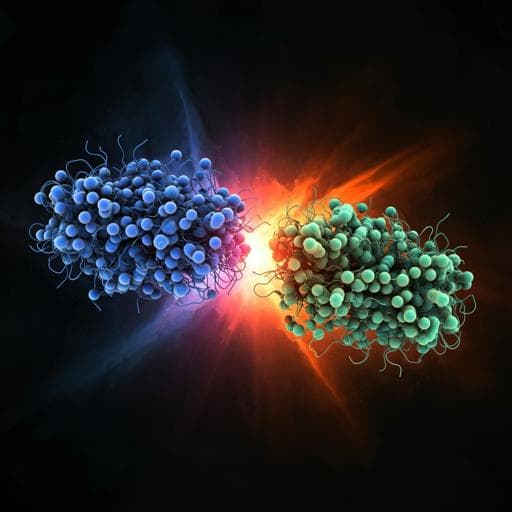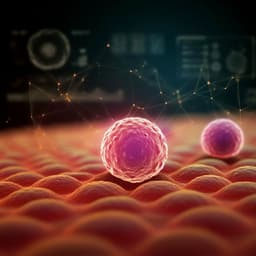
Chemistry
Unraveling the energetic significance of chemical events in enzyme catalysis via machine-learning based regression approach
Z. Song, H. Zhou, et al.
Discover how Zilin Song, Hongyu Zhou, Hao Tian, Xinlei Wang, and Peng Tao leverage advanced hybrid quantum mechanical molecular mechanical techniques to unravel the intricate mechanisms of bacterial β-lactamases and their role in antibiotic resistance. This research unveils predictive energy models and rate-limiting steps, offering insights that align with empirical studies.
Related Publications
Explore these studies to deepen your understanding of the subject.







